Abstract Submission
Extend the Deadline
The deadline of abstract submission for Symposium, Paper Presentation, Poster Presentation and Workshop will be extended to March 31. However, please note that abstracts received in March will be reviewed in turn, and we will close the call for abstracts when we reach the planned number, even if it is before the end of March.
演題登録の方法については説明動画を参照してください
SESSIONS AT CONGRESS
The entire setup of the Congress ensures a diverse range of topics and participants, balancing invited and submitted contributions. It aims to open new dialogues among disciplines and scholars that do not often sit together. It offers opportunities to participate in very experiential sessions as well as attend high-quality scholarly research. The understanding of science in the Scientific Program Committee (SPC) is that it is a systematic and dynamic enterprise that builds and organizes knowledge through the study of complex systems and their interactions. It encompasses both natural and social sciences, emphasizing the interconnectedness and interdependence of elements within systems. Outcomes often emerge from non-linear interactions and feedback loops, which are central to understanding both natural phenomena and social dynamics. Science under this paradigm highlights the importance of complexity, diversity, and adaptability. By embracing uncertainty and acknowledging the limits of prediction, science seeks to understand the intricate web of relationships that characterize complex systems, fostering innovation and a deeper comprehension of the world across disciplines.
OFFICIAL LANGUAGES: ENGLISH and JAPANESE
In some cases of Experiential Seminars, Workshops, and Small Groups, the Scientific Program Committee will consider the possibility of using other languages if the proposer can explain the rationale.
*Keynote Lectures
The keynote lectures feature three distinguished professionals who will inspire global challenges. Each keynote lecture lasts 75 minutes and aims to offer diverse perspectives that resonate with the overarching themes of the conference.
Keynote lectures are by invitation only from the Scientific Program Committee and are also open to attendees, their guests, and the general public in the city of Sapporo.
*Action-based Large Group
On day 2, 3, and 4, there will be an Action-based Large Group session. These morning sessions provide an opportunity to engage with the Congress themes through action-based methods inspired by psychodrama and related approaches. Each 60-minute session encourages participants to explore these themes using movement, drama, and music, creating an interactive and vibrant experience. This format allows participants to connect with others and gain new insights through active engagement, making each meeting a unique and transformative experience. Each session will be conducted by a different expert using a different theoretical and methodological approach.
The Action-based Large Groups are for all the registered participants of the Congress and are led by experts selected by the Scientific Program Committee.
*Analytic Large Group
Three psychodynamically oriented sessions will close days 2, 3 and 4 of the Congress, each lasting 90 minutes. It is a moment in which all Congress registered participants are invited to join a moment of reflection on the process that the Congress is unravelling. The conductors will provide safe boundaries to encourage the free expression of feelings, emotions, thoughts, and experiences pertaining to the Congress and the world we live in. Unlike smaller therapeutic groups, large groups focus more on the dynamics and processes within a larger social context rather than individual therapy. These sessions often explore themes of identity, authority, belonging, and social behaviour. The size of the group can lead to heightened levels of anxiety and emotional expression, offering insight into societal and cultural issues. The facilitator’s role is crucial in guiding the group to explore these dynamics, fostering awareness and understanding of the unconscious processes that influence group behavior.
The Analytic Large Group is open to all the registered participants of the Congress and is led by experts selected by the Scientific Program Committee.
*Experiential Seminars (Experience, Education, Training – EET Day)
The first day of the Congress offers EET Seminars. These are medium-sized groups of approximately 35 attendees and can be either half-day (9:00–12:15 or 13:45–17:00) or full-day (9:00–17:00). The seminars are designed to provide education and training in specific therapeutic methodologies, or to serve as platforms for exchanging case studies. Presenters are invited by the Scientific Program Committee or selected from submitted proposals.
*Symposia (Paper Presentations)
The Congress will feature 15 Symposia, each consisting of three 90-minute sessions aligned with one or more of the umbrella themes. Participants may submit individual paper proposals that the SPC will review and allocate to the appropriate Symposium. Alternatively, participants may propose an entire Symposium, clearly defining a theme, Chair, and set of presenters who will present over the three days. The Scientific Program Committee will collaborate with the Chair in selecting additional panellists from the general submissions.
Symposia Chairs are responsible for:
- Leading their Symposium across all three sessions for that theme.
- Inviting panellists to present and participate in discussions (please consider the duration of each session).
- Collaborating with the SPC to select additional panellists from general submissions.
The Symposia themes are:
- Human rights
- Group Psychotherapy in Asia
- Mentalization-based treatment
- Social Unconscious
- Oppression and Social injustice
- Ethics
- Social dreaming
- Wars, conflict and transgenerational trauma
- New methods in group psychotherapy
- Social and collective trauma
- Art therapies
- Neurodivergence and neurosciences
Proposals of themes not included above are welcomed and will be selected by the Scientific Program Committee.
*Small Groups
Days 2-4 offer small group sessions of 75 minutes, each limited to 15 attendees, and which, represent different theoretical orientations and process experiences. These sessions are designed to be reflection, analytical, or discussion groups to exchange thoughts and experiences on the Congress themes and other topics, depending on the proposal submitted by the conductor(s) or convenor(s).
Anyone can submit a proposal to conduct the three-day small group. When submitting a proposal, please include your theoretical frame (with clear literature references) and a brief account of relevant experiences. Languages other than English are welcome.
*Workshops
Workshops will offer a variety of themes, models, and techniques (please see the Dimensions and topics below). Workshops may be of one or two 75-minute duration. For longer-timed sessions, participants should submit a proposal for a medium group in the EET (the first day). The Congress will allow room for 64 workshops, each accommodating 25–70 attendees.
*Poster Presentation
Two poster presentation sessions will be held on days 2 and 3 of the Congress, each lasting 75 minutes. Researchers may present their work visually on posters, showcasing their findings and methodologies with graphics and concise text. Presenters engage in discussions with attendees. This format promotes interaction and the exchange of ideas, providing feedback and updates. Additionally, more comprehensive presentations may be submitted as an Experiential Seminar on day 1 (EET). The proposer must provide a comprehensive overview of all posters and authors under the same theme and explain its educational value.
Registered members may submit max two Poster proposals as the first author; there are no limitations on the number of posters as co-author. Priority will be given to young professionals and people in training.
Proposal Submission Guidelines for the Congress
Number of possible presentations:
No more than one presentation in each of the five different categories (Experiential Seminar, Small Group, Workshop, Poster Presentation, Paper Presentation/Symposium) is allowed. However, one can submit as many papers and posters as second to last author. The selective process is designed to ensure a diverse representation of presenters from around the world and a broad range of topics. Please consider that the Scientific Program Committee might not be able to accept all proposals.
Room Capacity:
We ask that you accept at least 25 people in your Workshop. Given the limited quantity of rooms available, please consider to offer your workshop to as many people as possible. As specified above, Small Groups running for three days can accommodate a maximum of 15 people.
Criteria for Acceptance:
The criteria the Scientific Program Committee uses are clarity, relevance, and experience. To increase the likelihood of your proposal being accepted, please consider the following:
Relevance and Expertise:
Present in your area of expertise or a topic in which you have previous experience.
Co-Presentation:
The Congress seeks to offer many opportunities to present. The Scientific Committee encourages submissions from teams of colleagues. Presence of young professionals and students/trainees as co-presenters is highly valued.
Diversity and Inclusion:
Ensure your workshop content and presentation style are inclusive and considerate of diverse perspectives and backgrounds. Please read the ethical guidelines of the Congress carefully.
Practical Applications:
Highlight practical applications and real-world examples to illustrate key points and enhance learning.
Follow-Up Resources:
Provide follow-up resources or materials that participants can take or download later to reinforce learning and application.
Interactive Training:
When designing and submitting an experiential proposal (Experiential Seminar and/or Workshop), incorporate experiential activities to engage participants.
When submitting your abstract, you will be asked to tick one or two boxes maximum for each of the following DIMENSIONS. It will help us find the right reviewers for your paper and, when accepted, to place it in the right session of the Congress
DIMENSION I - Theories and Models
- Psychodrama
- Group Analysis
- Psychoanalysis
- System Theory
- Community psychology
- Human Relations
- Psychodynamics
- Neurosciences
- Cognitive and behavioural
- Art therapies
- Other (_______________________)
- Not applicable (N/A)
DIMENSION II - Global Crises
- economical (financial crack, economical inequity, etc)
- political/social (war, terror, conflict, immigrant, gender/sexuality, human rights, etc)
- natural (climate change, disasters, COVID-19, energy, etc)
- technology (social media, IT control and censorship, AI, etc)
- Other (________________________)
- N/A
DIMENSION III – Topics
- Illness and disorder (including neurodevelopmental disorder)
- stress and trauma
- lifelong developmental (such as infants, children, youth, and elderly, and growth)
- physical/somatic issues
- cultural/transcultural issues
- practice and training
- new methods
- ethics
- Other (_________________________)
- N/A
Abstract Submission has been closed.
Scientific Program Committee
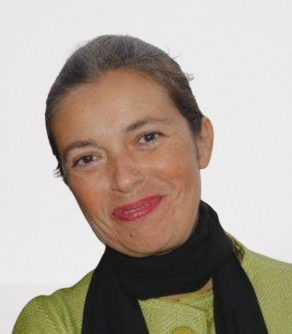
Co-chair
Roberta Mineo, PhD
Department of Humanities, University of Modena and Reggio Emilia
Italy
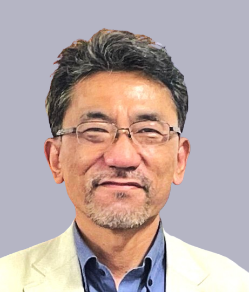
Co-chair
Kaoru Nishimura, Prof
Department of Psychology and Linguistics, International Christian University
Japan
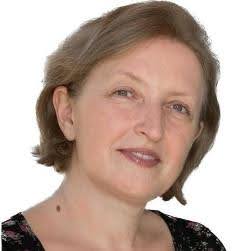
Co-chair of EET
Daniela Simmons, PhD, TEP
Tele'Drama International
USA
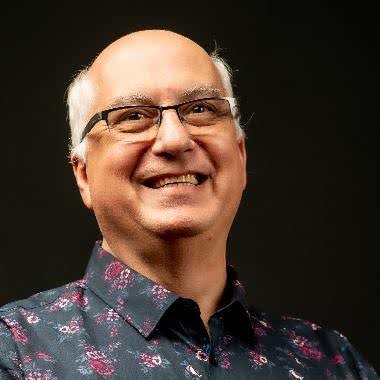
Co-chair of EET
Carlos A Raimuindo, MD
Private practice
Australia
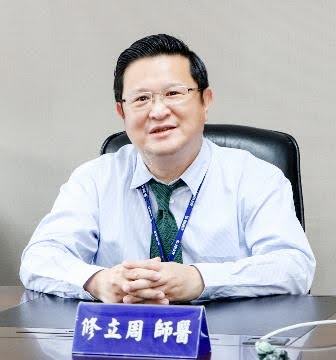
Li Shiu Chou, MD, MSc
Kaohsiung Municipal Kai-Syuan Psychiatric Hospital
Taiwan, ROC
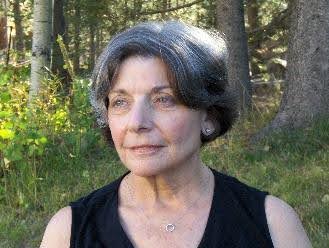
Esther Stone, CGP, DLFAGPA, FIAGP
Private practice
USA
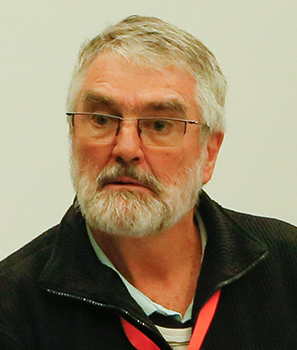
Assie Gildenhuys, Ph.D.
Past Trainer/Lecturer at University of Pretoria, Past board member of the IAGP
South Africa
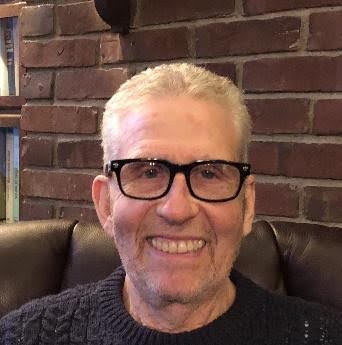
Richard M. Billow, PhD
Clinical Professor, Derner Postgraduate Programs in Psychoanalysis and Psychotherapy, Adelphi University.
USA
Advisory Board
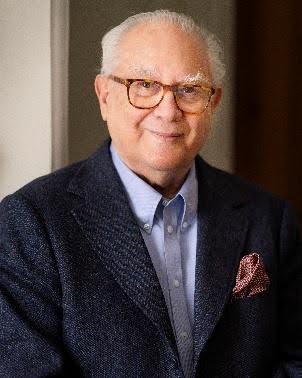
Earl Hopper, PhD
Private practice
UK
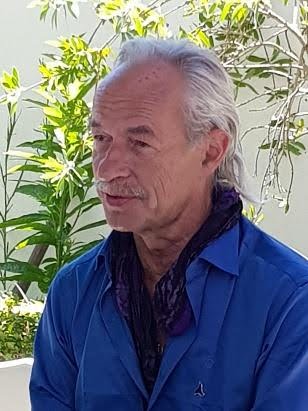
Jorge Burmeister, MD
Private practice
Spain
Assistants
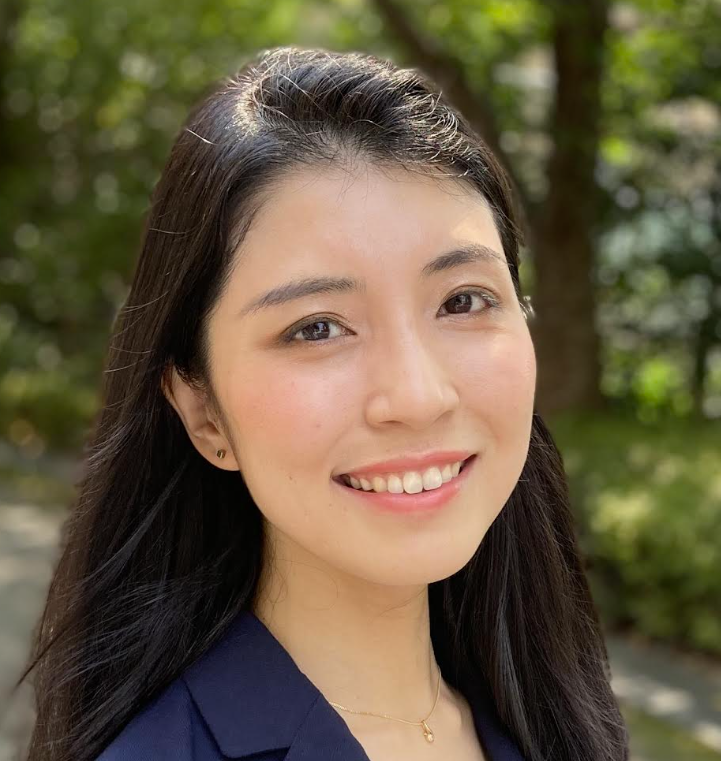
Yuri Kitahara, PhD
Assistant,
Institute of Human Sciences,
University of Tsukuba
Japan
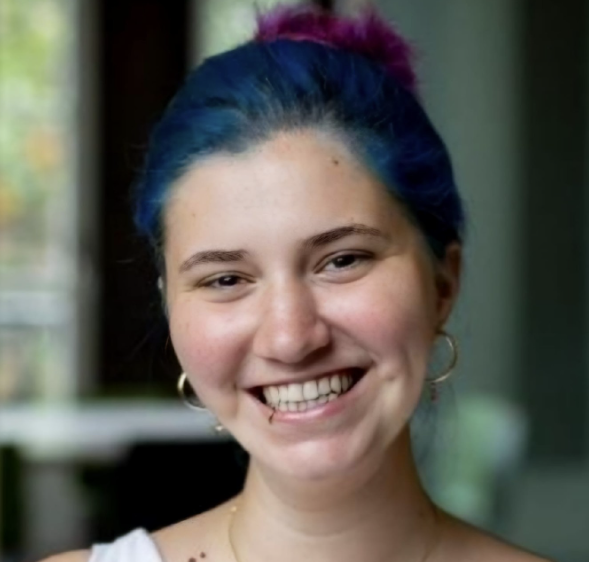
Rachele Mineo Dvihally
International event and communications professional
The Netherlands
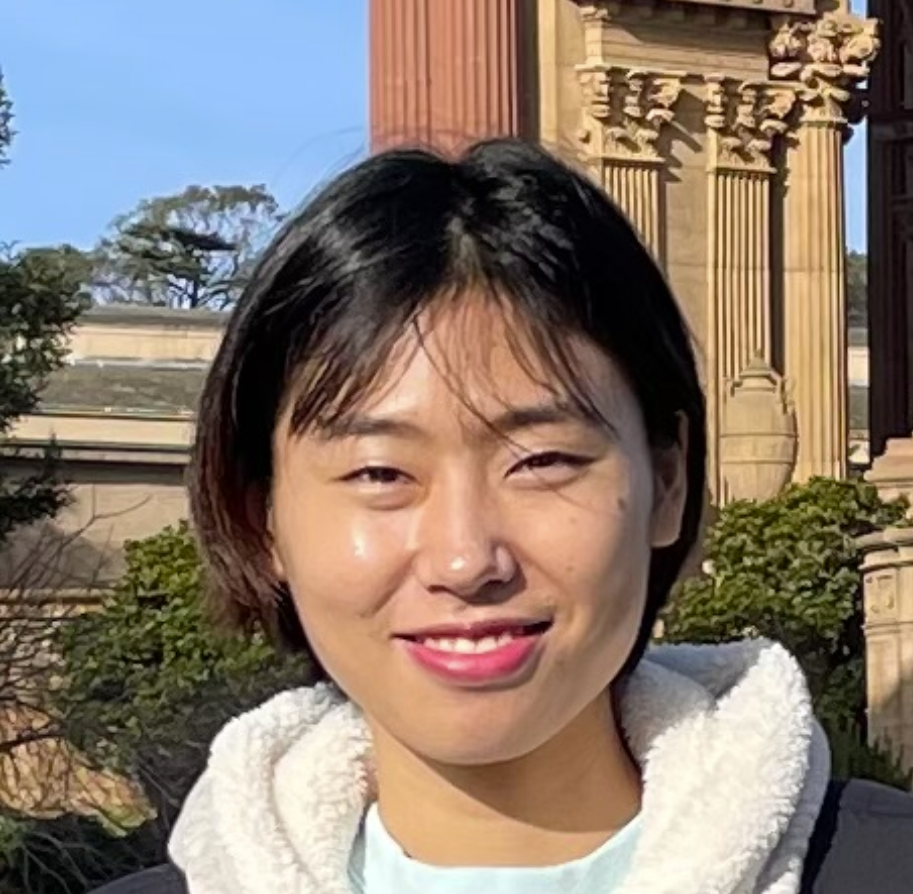
Aoi Nishimura
Life Designer
Japan

